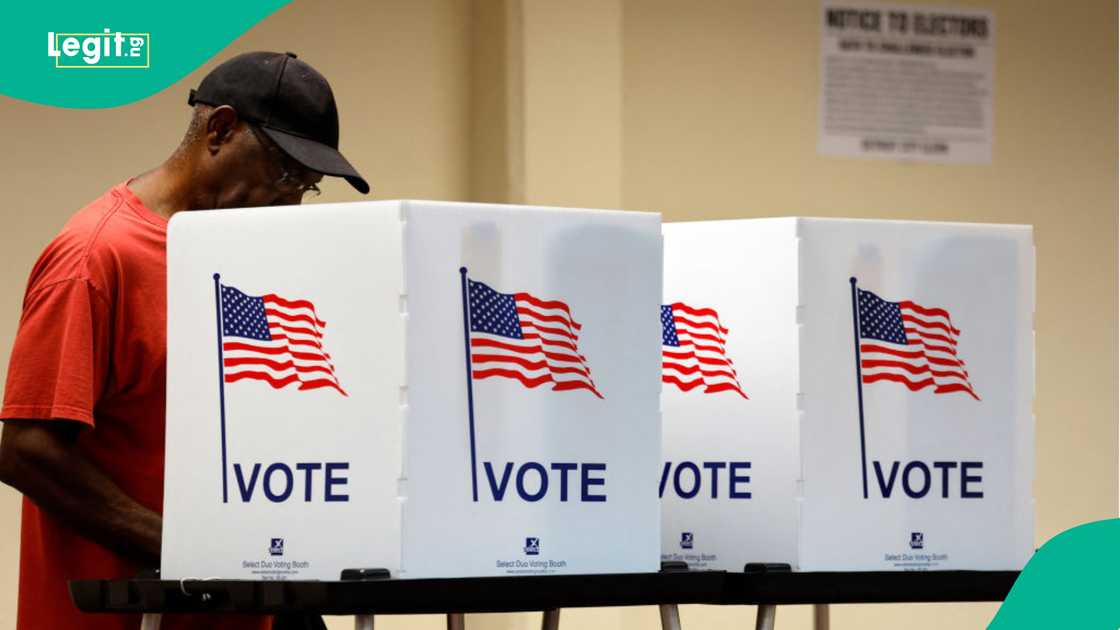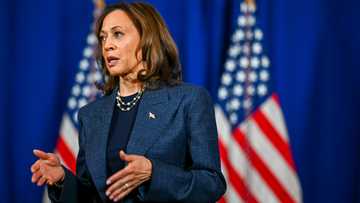Why US Federal Elections Are Held on the First Tuesday After the First Monday in November
- Federal elections in the United States are held on the Tuesday after the first Monday in November, a tradition dating back to 1845
- This date was chosen to accommodate the agrarian society of the time, ensuring farmers could vote after the harvest
- While convenient in the 19th century, this timing is now seen as a hindrance for modern voters, leading to calls for change
For decades, the United States has adhered to a tradition that might seem peculiar to the modern observer: holding federal elections on the Tuesday after the first Monday in November.
This practice, rooted in the mid-19th century, was born out of a necessity that reflected the agrarian lifestyle of the time.

Source: Getty Images
In 1845, a law was enacted to unify the election day across the country, initially for presidential elections and later for congressional ones. Back then, the United States was predominantly an agrarian society.
Farmers, who constituted the majority of the labor force, were deeply engaged in their fields for most of the year. Early November, however, presented a rare window of opportunity. The harvest was complete, and the weather remained mild enough to travel.
PAY ATTENTION: Legit.ng Needs Your Help! Take our Survey Now and See Improvements at LEGIT.NG Tomorrow
Significance of US election date
Choosing the right day of the week was crucial. Sunday was reserved for rest and worship, a sacrosanct day for the devout Christian population. Wednesday was market day, a time when farmers brought their produce to town.
Travel was another consideration; rural polling places could be miles away, necessitating a travel day. This ruled out Monday and Thursday, leaving Tuesday as the most practical option.
The decision to specify the Tuesday "after the first Monday" was deliberate. It ensured that election day would not fall on November 1, a day observed by some Christians as All Saints’ Day.
Additionally, merchants typically settled their books for the previous month on the first day of the month, making November 1 an inconvenient choice.
While this arrangement was convenient in the 19th century, it has become a hindrance in the modern era. Today, less than 2 percent of Americans are employed in agriculture, and many people work on Tuesdays.
As voter turnout rates declined, there were calls to move elections to the weekend or make election day a federal holiday. Although these proposals have not gained traction, the rise of early and mail-in voting has made election day less central to the voting process than it once was.
Nigerians speak about US election
Meanwhile, Legit.ng earlier reported that as the US presidential race between former President Donald Trump and Vice President Kamala Harris heats up, Nigerians are sharing their thoughts on the potential impact of the election.

Read also
US election 2024: Getting popular vote doesn't guarantee winner, how Americans elect their president
Two Nigerians spoke with Legit.ng to express their views.
PAY ATTENTION: Сheck out news that is picked exactly for YOU ➡️ find the “Recommended for you” block on the home page and enjoy!
Source: Legit.ng




